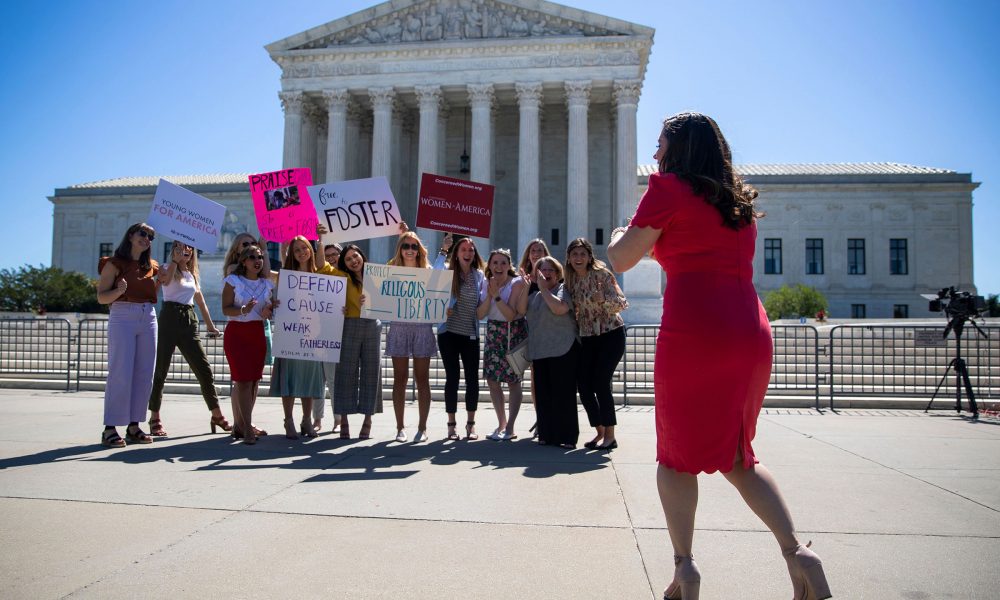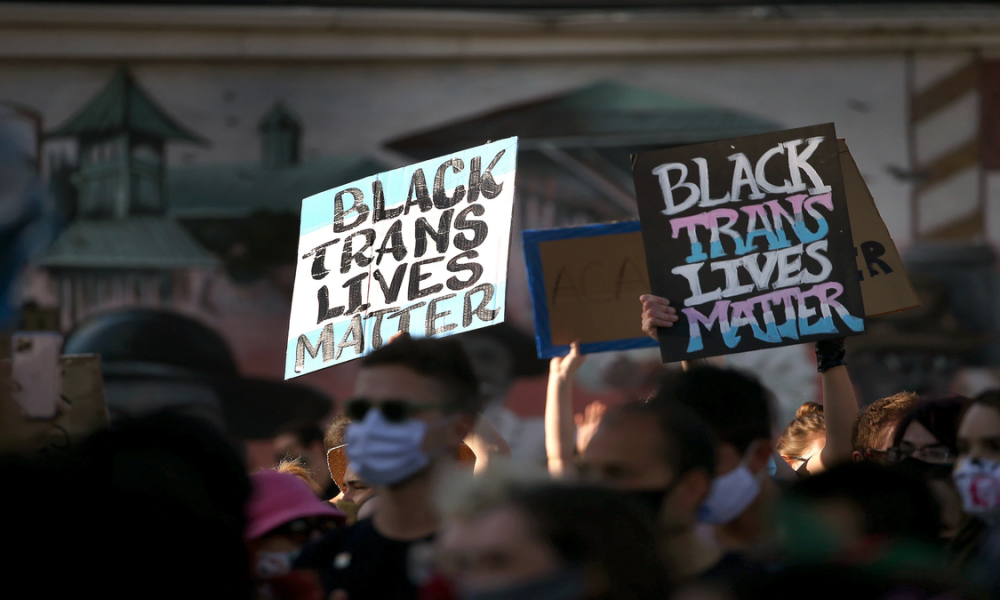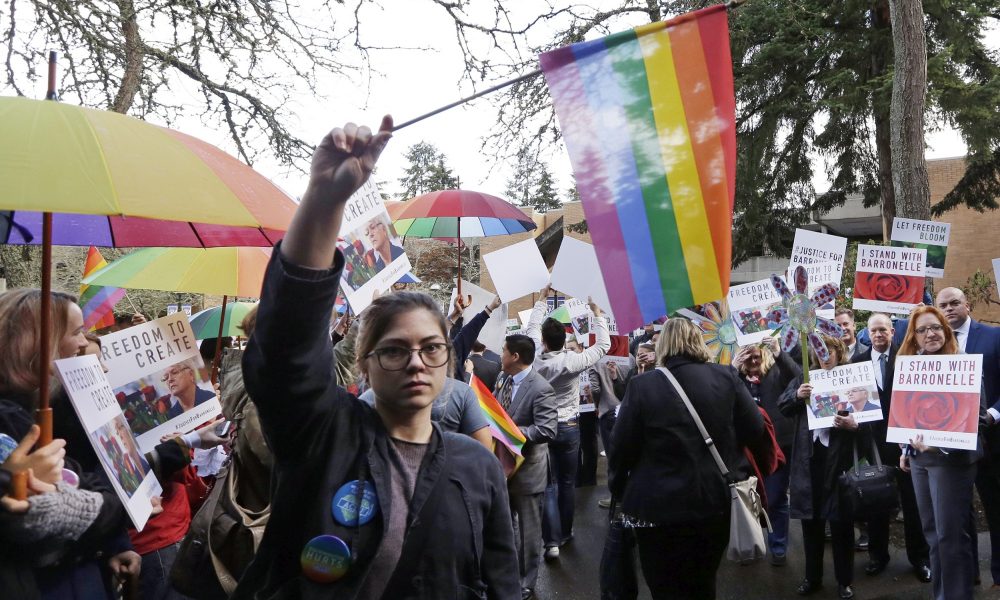In a unanimous decision, the Supreme Court sided with Catholic Social Services (CSS) in their lawsuit against the city of Philadelphia for terminating their contract to screen foster parents due to CSS’s refusal to consider same-sex couples.
What We Know:
- Philadelphia has custody of 5,000 children that have been abused or neglected. They have 30 contracts with private agencies to provide various services for these children, such as foster care, placement, and group homes. The contracts ban discrimination against LGBTQ couples in screening for foster parents, which CSS has a policy against due to religious reasons.
- CSS’s lawyer argued that the city was trying to prevent CSS from doing work it has done for “two centuries.” Neal Katyal, the lawyer for the city’s representation, pointed out that despite the cancellation of their screening contract, CSS was still be receiving millions for other programs they were in contract with.
- Justices were divided 6 to 3 on the reasoning of the decision. Chief Justice John Roberts penned the opinion of the majority, stating that Philadelphia violated the First Amendment. Longstanding precedents in the court consider laws that are neutral to religion and generally applicable to be constitutional.
Roberts wrote, “As an initial matter, it is plain that the city’s actions have burdened CSS’s religious exercise by putting it to the choice of curtailing its mission or approving relationships consistent with its beliefs.”
- His opinion was more narrow in scope than conservatives were hoping for. LGBTQ supporters were concerned this ruling would strike down a 1990 precedent.
- The 1990 precedent, Employment Division v. Smith, protects neutral and generally applicable laws that “burden religion.” This provides leeway for states and cities to forbid discrimination. Justice Samuel Alito felt as though Robert’s narrow reasoning was rendering the court’s decision temporary. In reference to Employment Division v. Smith, Alito said, “This severe holding is ripe for reexamination.”
The decision overrules the opinion of the 3rd U.S. Circuit Court of Appeals, which sided with Philadelphia. Diana Cortes, Philadelphia City Solicitor, responded, “With today’s decision, the Court has usurped the city’s judgment that a non-discrimination policy is in the best interests of the children in its care, with disturbing consequences for other government programs and services.”



